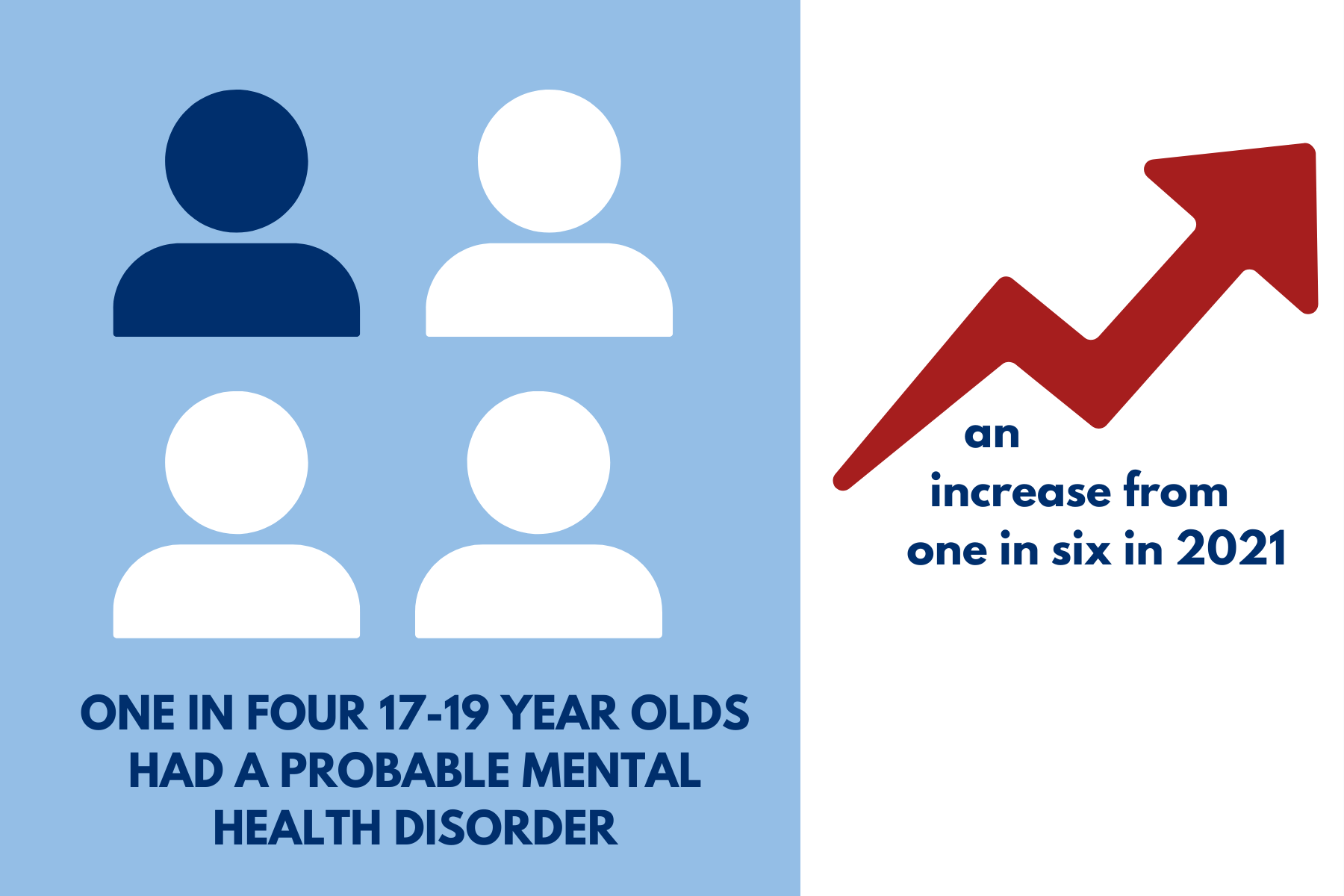
The organisation's annual report on children and young people's mental health explores the mental health of children in England by drawing on the experiences of 2,866 children and young people, with further information provided by parents for children aged seven to 16.
External circumstances, including experiences of education, social media, household economic circumstances, and family life, which may impact a young person's mental health are also examined.
The report finds that one in four children aged 17 to 19 have a probable mental health disorder, an increase from the one in six highlighted in last year’s report.

Register Now to Continue Reading
Thank you for visiting Children & Young People Now and making use of our archive of more than 60,000 expert features, topics hubs, case studies and policy updates. Why not register today and enjoy the following great benefits:
What's Included
-
Free access to 4 subscriber-only articles per month
-
Email newsletter providing advice and guidance across the sector
Already have an account? Sign in here

